Technology has changed the tone of vocal recording to levels beyond imagination. It is now possible to render the most screechy and croaky sounds to pitch-perfect vocals in a few clicks and on-screen EQ twitches. So with all the advances in technology, why use a vocal booth?
Vocal booths help reduce background noise and natural room reverberation while helping vocals sound crisp and clean.
Vocal booths aren’t necessary for all musicians, however for some, a vocal booth is important enough to use while traveling so portable vocal booths are used for on-the-fly recording.
One thing that has remained constantly old-school for the past decades has to be the vocal booth. You can set up a vocal booth in many ways, from enclosed types to open format booths.
Just ensure enough sound-absorbing panels that will diffuse, absorb, or reflect the different sound frequencies. The material and thickness of your soundproofing material will determine the vocal quality in your booth.
Are Vocal Booths Necessary?
There is more than one way to record audio by using different techniques and environments in the music industry. In addition, unique sounds are often recorded in non-conventional environments, which begs the question – do you really need a vocal booth for good sound recording?
The value of a vocal booth depends on who is using it.
Do you really want the sounds to be isolated?
Or is it the background noise that brings a little oomph to your recording?
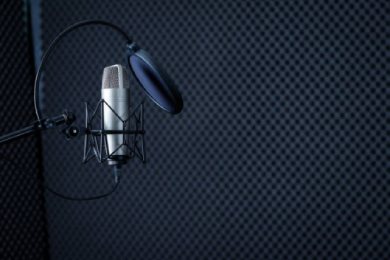
Background noise can add flavor to a recording and make vocals sound better. However, you really need to pay attention to the polar patterns of your microphone to master the sweet spots.
If you want to capture sounds from the front of the microphone, then a cardioid pattern is the most effective. A figure-8 polar pattern can bring up the natural sound and echo of the room by taking in sound from all sides.
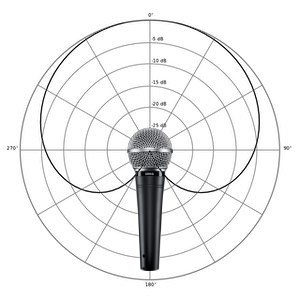
You can still add these effects in a digital audio workstation with EQ, compression, and other filters. However, if you want a little bit of raw energy in your recording, you might want to leave the natural sounds during the recording.
Adding that raw energy could mean stepping out of the booth and experimenting in different environments.
Are Vocal Booths Soundproof?
Professional vocal booths are good at isolating sound, and they are made to be soundproof to stop any external noise from the recording. The essence of vocal recording is keeping the sound clean and free from background noise. If the noise is recorded along with the vocal, removing it can be tricky.
In a studio setting, the room may be soundproof already, but a vocal booth will still be soundproof to isolate sound within the room. Soundproofing inside the studio is crucial since your voice is recorded.
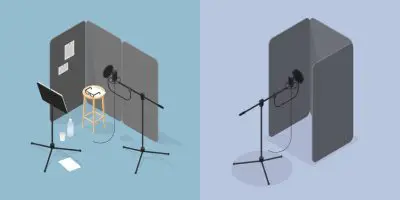
There are many ways to soundproof a vocal booth, from professional padding materials to DIY materials like foam.
Acoustic treatment is also a crucial consideration when installing a vocal booth. It is subtly different from soundproofing, although the objective remains the same.
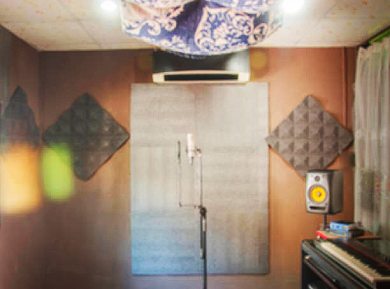
Treating acoustics is more of a science than art. It helps control the voice from the inside of the booth using a couple of delicately tuned factors such as
- Shape
- Size
- Materials used to build the room
- Position of the microphone, and more
The idea of acoustic treatment of a room is based on assessing the room and making specific adjustments from a listener’s point of view. For example, a vocal booth is not complete without the proper acoustic treatment and soundproofing.
Is a Portable Vocal Booth Worth It?
Although the name already gives you an idea of a portable vocal booth, most people don’t understand its use. Although, of course, the budget for a standalone recording studio is high, you can still get an option of a portable version.
The portable vocal booth does not entirely replace the permanent booth, but it helps in on-the-fly recording, especially for traveling musicians.
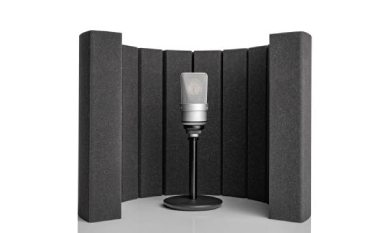
It can also be an excellent option for home enthusiasts who don’t have the money to set up a decent vocal booth. But, it will only give you limited quality, and you will ultimately have to upgrade to a vocal booth.
Portable vocal booths are excellent for limited spaces, although you’ll have to experiment a bit before getting the proper acoustics. A few microphone placement techniques, and you’ll be hitting the right notes in no time.
The only downside of using a portable vocal booth is that it is complex to assemble (sorry, newbies). But when you can get these portable sound shields for less than $100 online, it is worth the hassle!
Will A Vocal Booth Improve The Quality Of Recordings?
If you’re looking for a pitch-perfect, crisp recording session with a pro-level quality, then the simple answer to this question is “yes.” In most situations, the vocal booth can help you improve sound balance, absorb background noise, giving you a professional sounding voice.
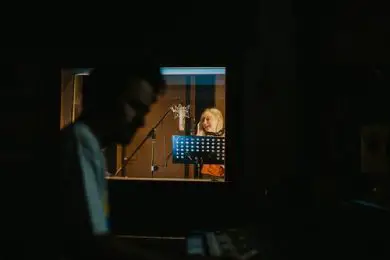
However, if you’re still juggling with EQs and trying out new stuff at recording, then the portable vocal booth is your go-to option. Folks who are just starting to build a home studio will find it cost-effective, giving more time to set up a permanent vocal booth.
All in all, you can get good quality from a vocal booth (permanent or portable), but the quality of your track will ultimately rely on your editing and recording skills.
Summary
As you see, this guide tries to explain the perks of a vocal booth to sound recording and adds alternatives for newer producers.
It is possible to record good audio without a vocal booth, but it will be virtually impossible to filter out all the background noise. Soundproofing in vocal booths helps reduce external noises even within the recording environment.
Are you starting to understand why a vocal booth is essential for those fantastic vocals and tracks?
Ditching the booth can potentially introduce unique sound qualities, particularly with proper acoustic treatment.
On the other hand, you may want to use a portable vocal booth outside to avoid a muffled sound when recording your audio.
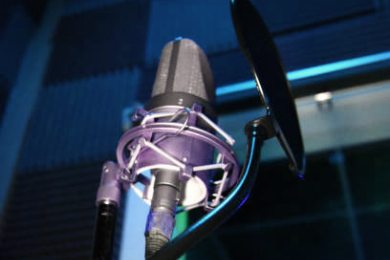
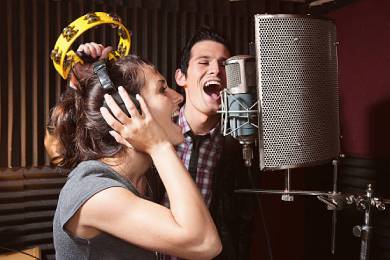
2 thoughts on “Why Use A Vocal Booth? Here’s Why.”
Comments are closed.